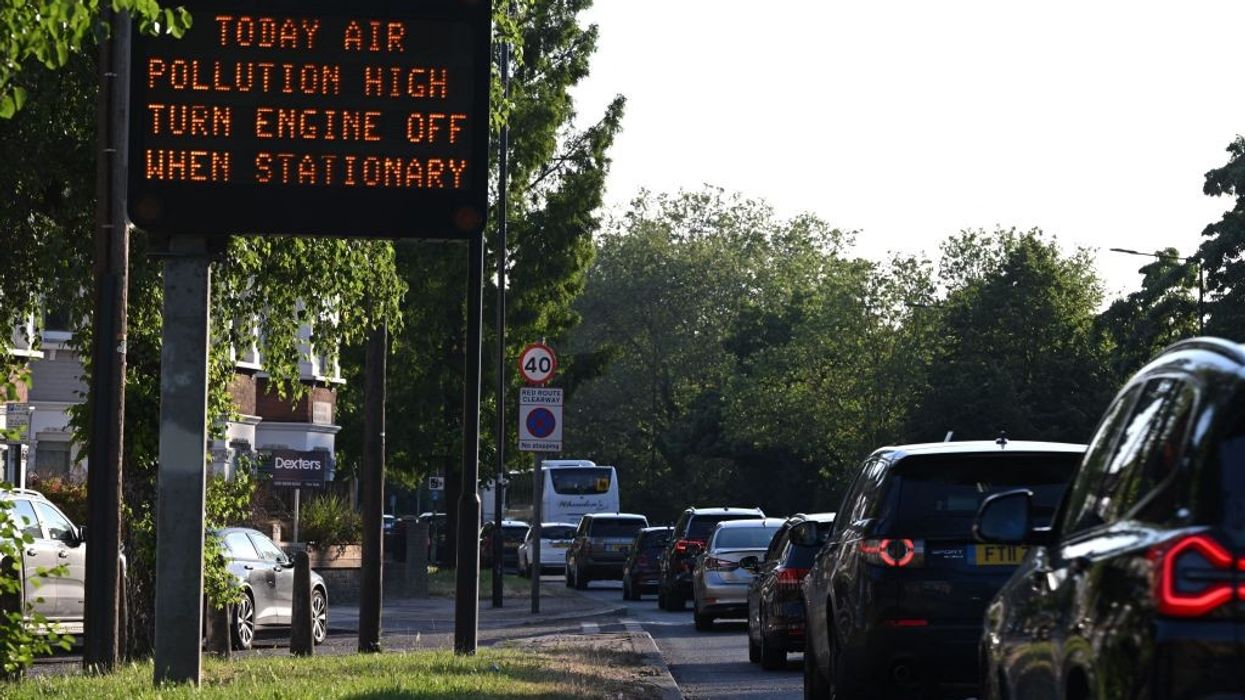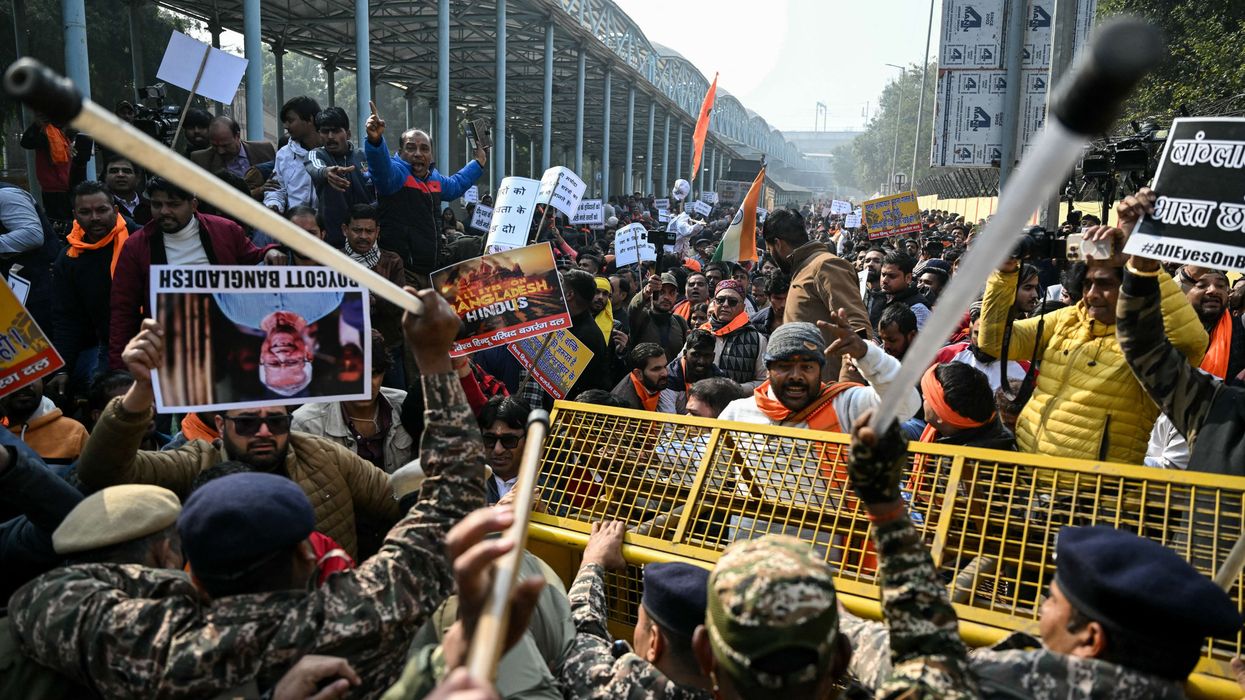A new report published on Friday (30) revealed that black Londoners and immigrant communities are more likely to live in areas with more polluted air in the city.
The City Hall commissioned report, which builds on previous research from 2013 through to 2021, said that areas in London with the lowest NO2 and PM2.5 concentrations have a disproportionately small black Asian and minority ethnic (BAME) population.
According to the report, the inequality is greater in outer London where just 29 per cent of residents in the areas with the lowest NO2 concentration are from a BAME background, in comparison to 44 per cent of residents in the areas with the lowest NO2 concentration in inner London.
The report provided specific data to show that location, ethnicity, community, and deprivation all play a part in the way Londoners are affected by toxic air.
Unless substantial measures are taken to reduce pollutant concentrations, the projected outlook for 2030 suggests that the entire population of London will remain exposed to NO2 and PM2.5 concentrations above the recommended WHO air quality guidelines.
The analysis stated that progress has been made to reduce air pollution concentrations due to ambitious policies introduced by mayor Sadiq Khan since 2016.
“This new analysis shows that we are living in a divided city where poorer Londoners, black, Asian and minority ethnic Londoners, and those from immigrant backgrounds breathe more polluted air – this is simply unacceptable," said Khan.
“We have made significant progress since 2016, but we need to continue making bold decisions to tackle toxic air in the capital. The data shows that London’s world leading policies have helped to reduce toxic air pollution, but we need to continue with this great work to ensure that all Londoners, regardless of background, can live in a city without toxic air pollution."
He added, "Air quality is a matter of social justice and racial justice, that is why I am expanding the ULEZ in August, to enable five million more Londoners - of all backgrounds and ethnicities - to breathe cleaner air. I’m determined to continue building a better London for everyone – a safer, fairer, greener and more prosperous city for all.”
The report warned that without further policies like the London-wide ULEZ expansion, the differences in the quality of air Londoners from different backgrounds, ethnicities and communities breathe will continue to be stark.
Despite improvements in NO2 concentrations since 2016, average NO2 levels in diaspora communities in London were 8.1 per cent higher than the London average and PM2.5 levels were 3.7 per cent higher than the London average in 2019.
Without further action, this is forecast to only reduce slightly by 2030 with concentrations 7.6 per cent higher for NO2 and 3.4 per cent for PM2.5.
The most deprived communities in London are still most likely to live in the most polluted areas of the city, with the average NO2 concentration in the most deprived areas being 4.4 µg/m3 higher than in the least deprived areas in 2019, the report added.
However, this difference has decreased from 7.7 µg/m3 in 2013, showing a reduction in inequalities.
Dr Shabna Begum, co-CEO of the Runnymede Trust said: "This report highlights that people of colour in the UK continue to be disproportionately exposed to toxic air pollution and that, where progress has been made to improve London's air quality, that improvement is simply not fast enough, particularly in the areas that some of our black and mixed ethnicity communities live.
"It is critical to understand that these demographic patterns are themselves largely prescribed by the systemic racism that persists in our labour markets and housing system that restrict where we can live and work."
The report was released during London climate action week (LCAW) which brings together businesses, politicians, non-profit organisations and civil society at more than 200 events across London to create practical solutions to climate change.
Prof Kevin Fenton, London regional director for Public Health, Office for Health Improvement and Disparities, said: “Air pollution is one of the biggest public health risks we face in the UK right now. It increases our risk of developing cardiovascular and respiratory diseases, reduces people’s life expectancy, and research is beginning to show it has serious implications for our mental wellbeing and brain health.
“Currently, all areas in London exceed WHO guidelines for nitrogen dioxide and fine particulate matter - these are the pollutants most harmful to people’s health. And while air pollution can be harmful to everyone - affecting people from birth to old age - the reality is that there are some people who are more at risk due to increased exposure to high levels of air pollution in their day-to-day lives."
Katie King, director at Aether said: “Aether, a specialist air quality and climate change consultancy, has undertaken this analysis for GLA. Our experts have been analysing air pollution data for over two decades. It is encouraging to see that inequalities of exposure to air pollution are reducing. However, there is no safe level of air pollution to breathe, and inequalities in exposure still exist across London.”













